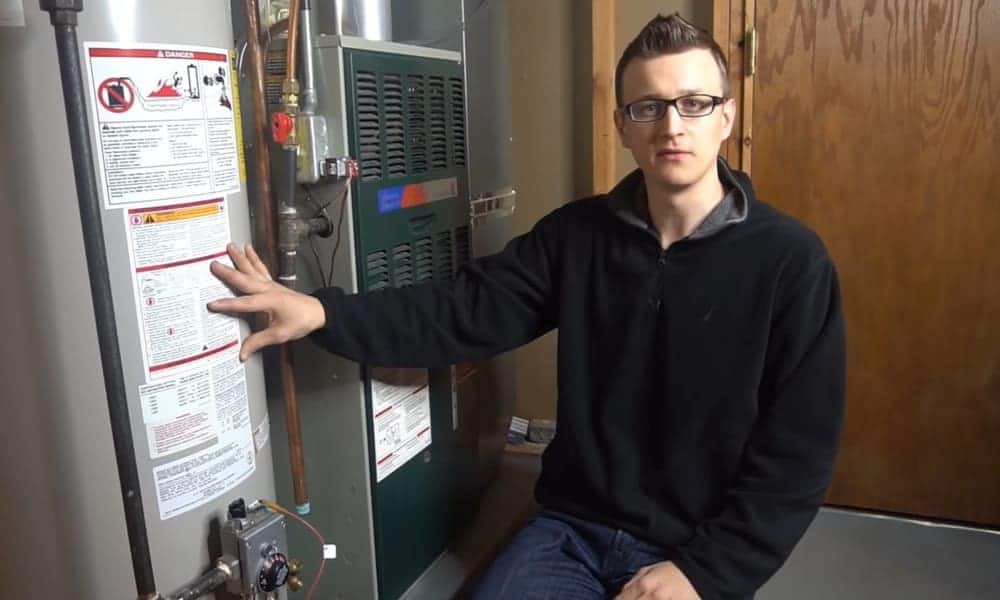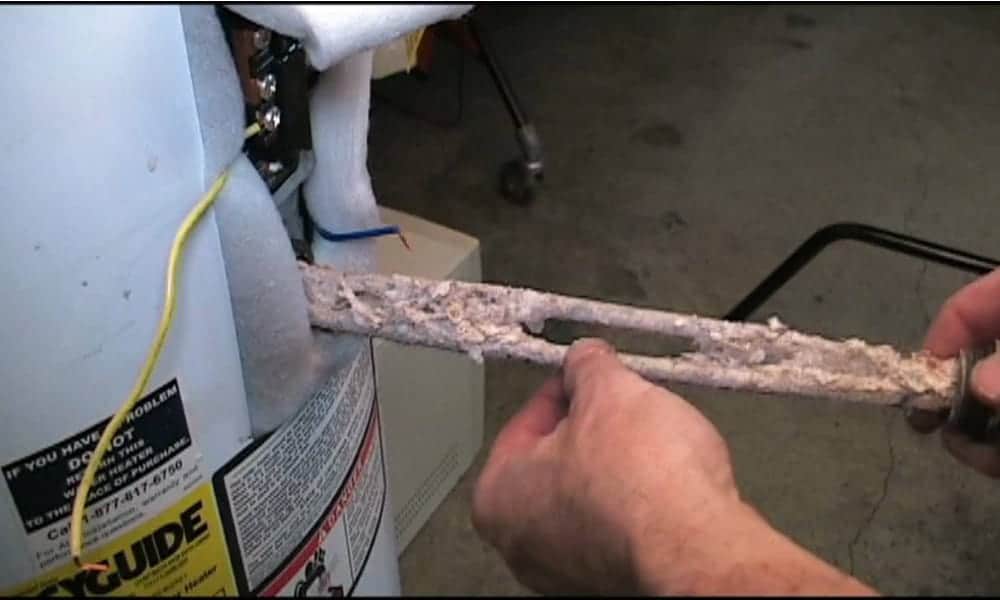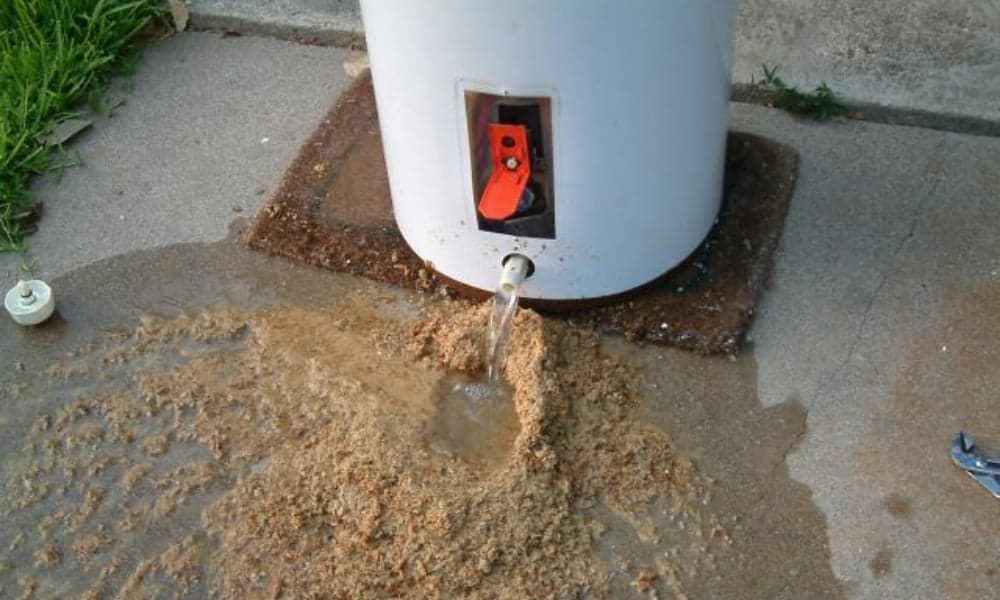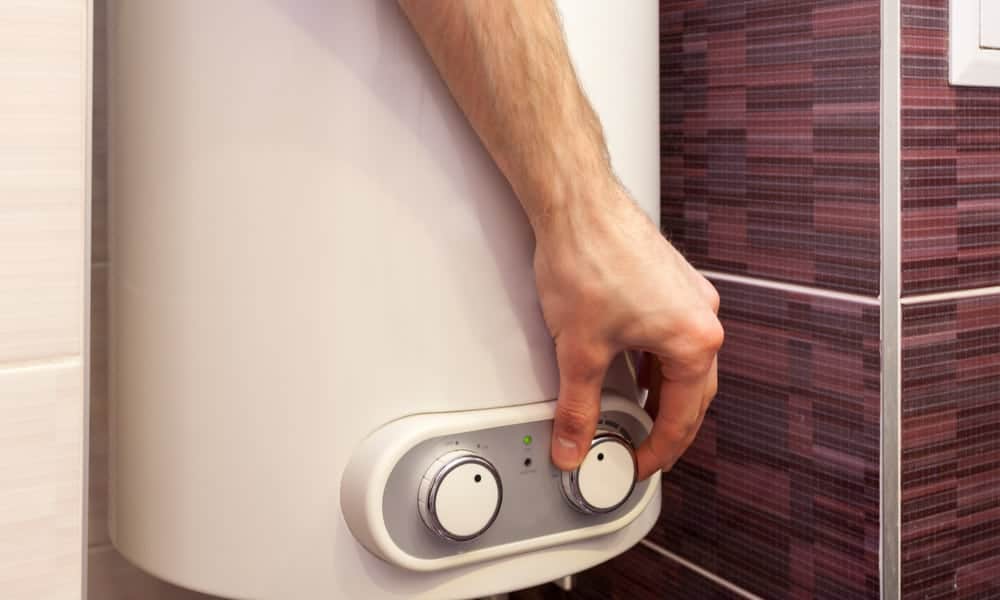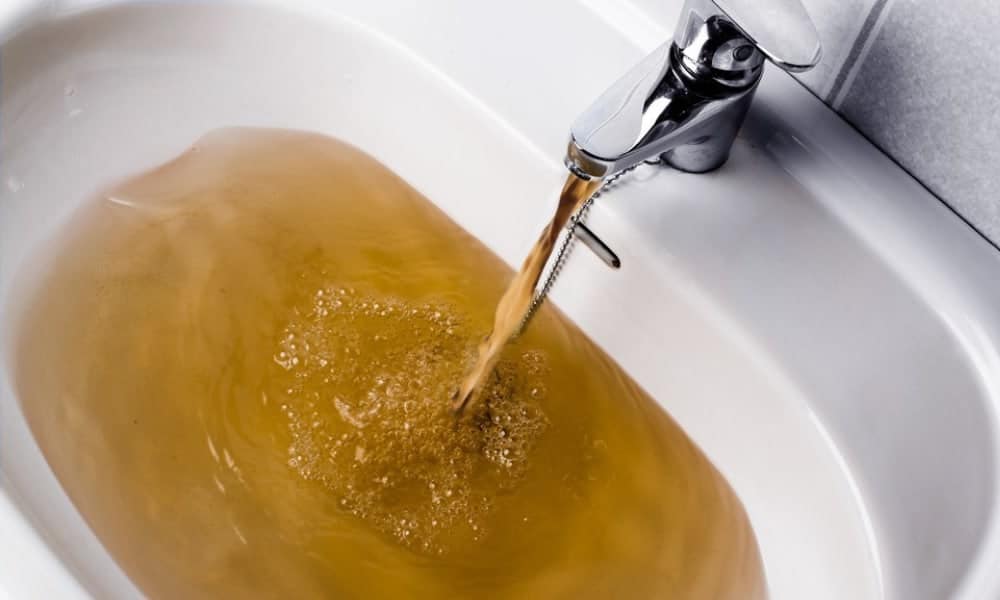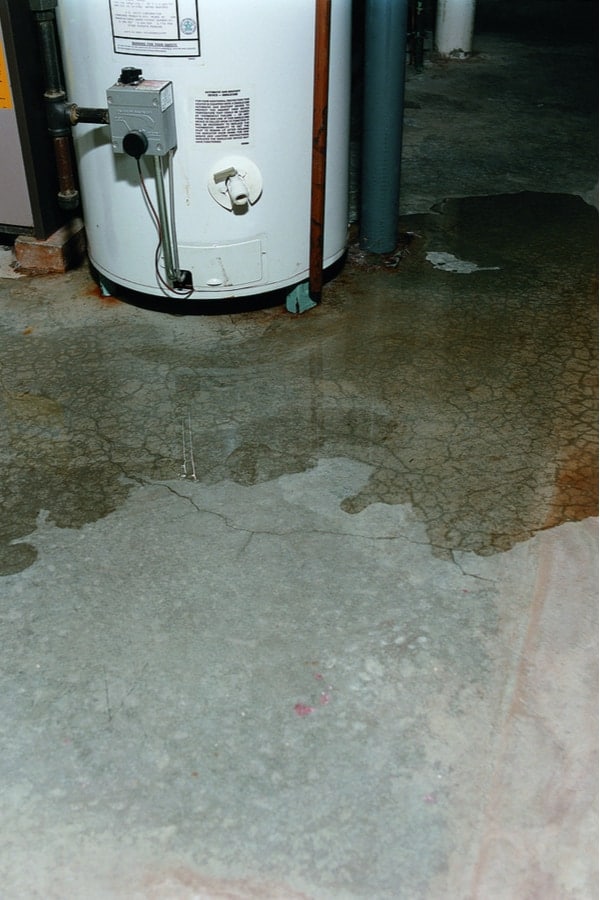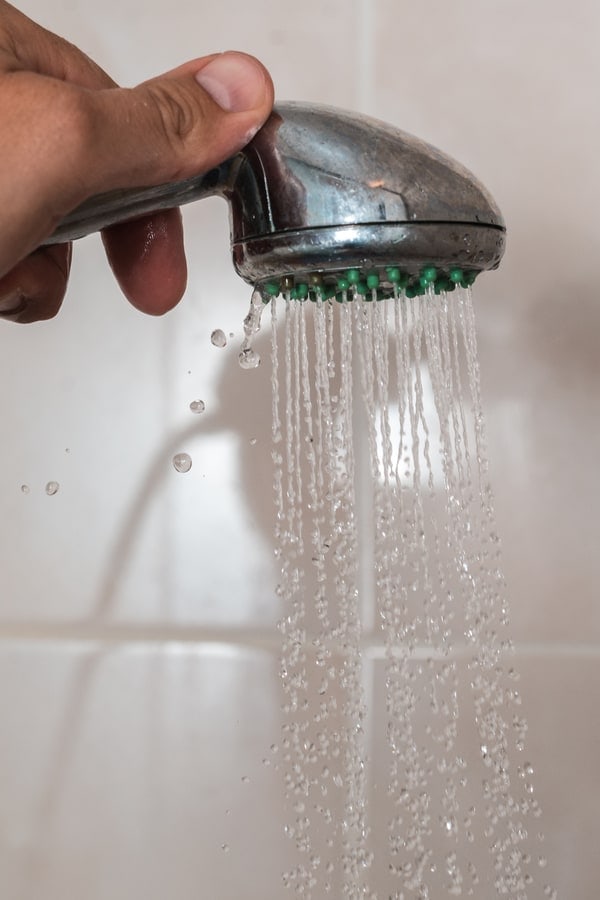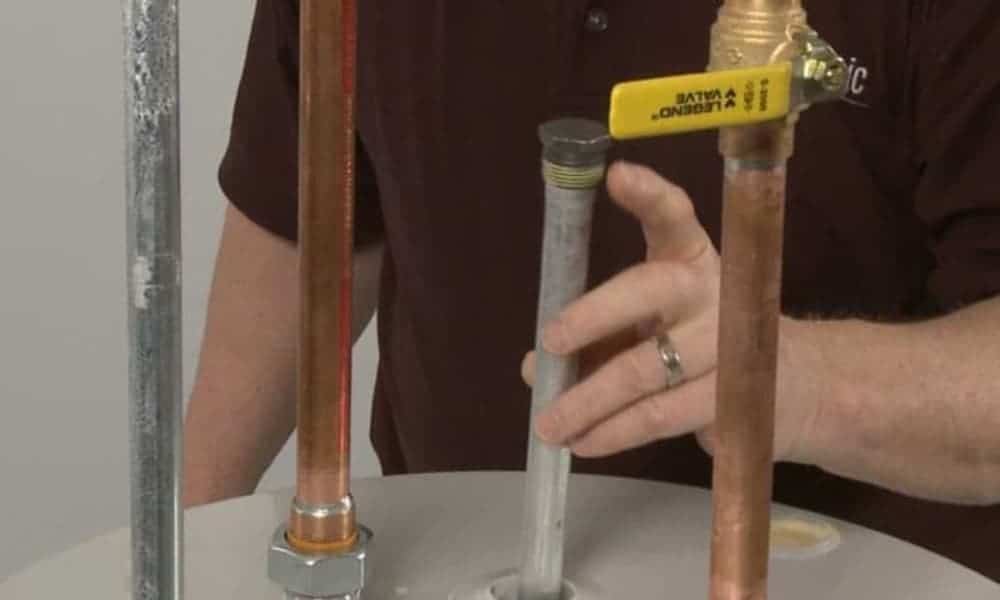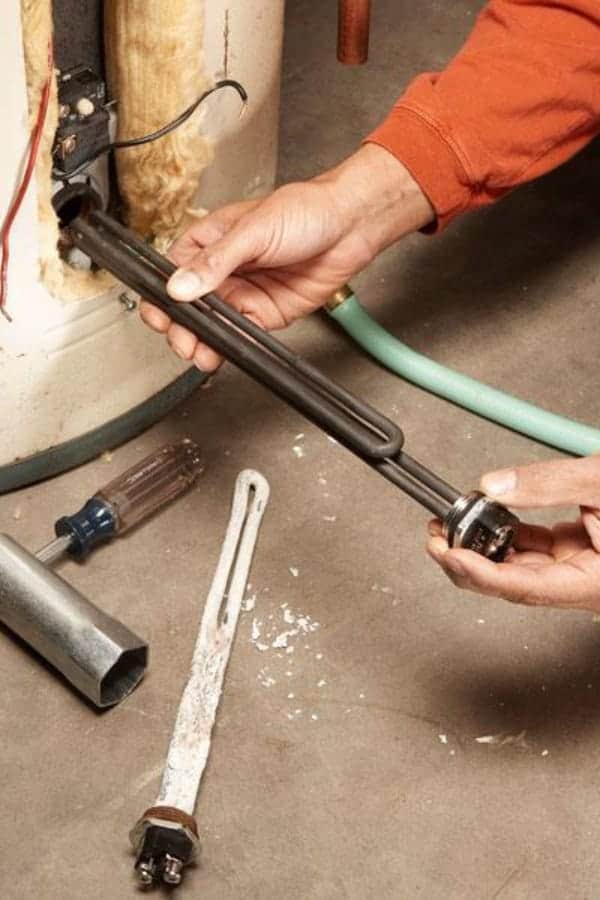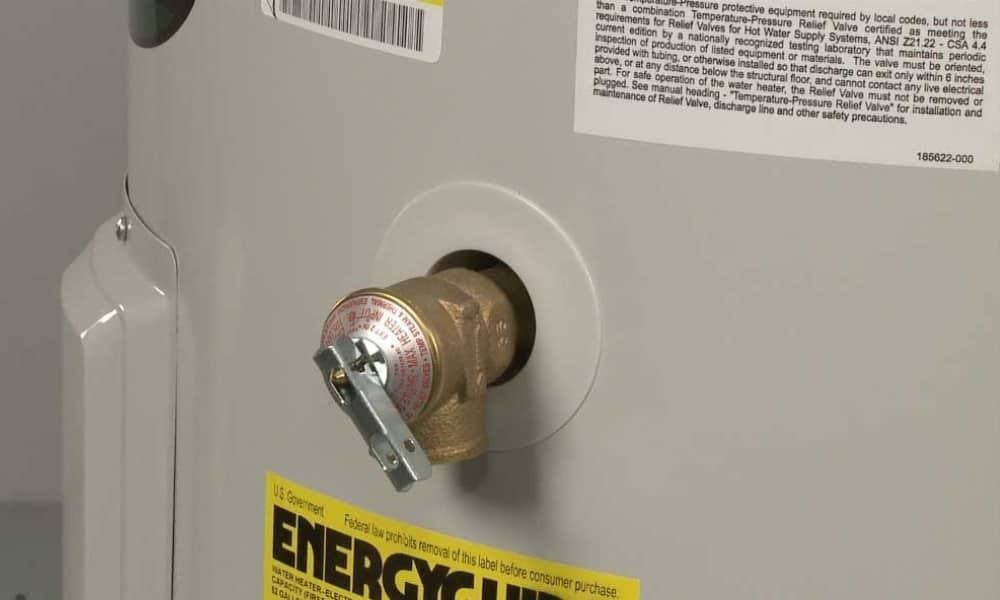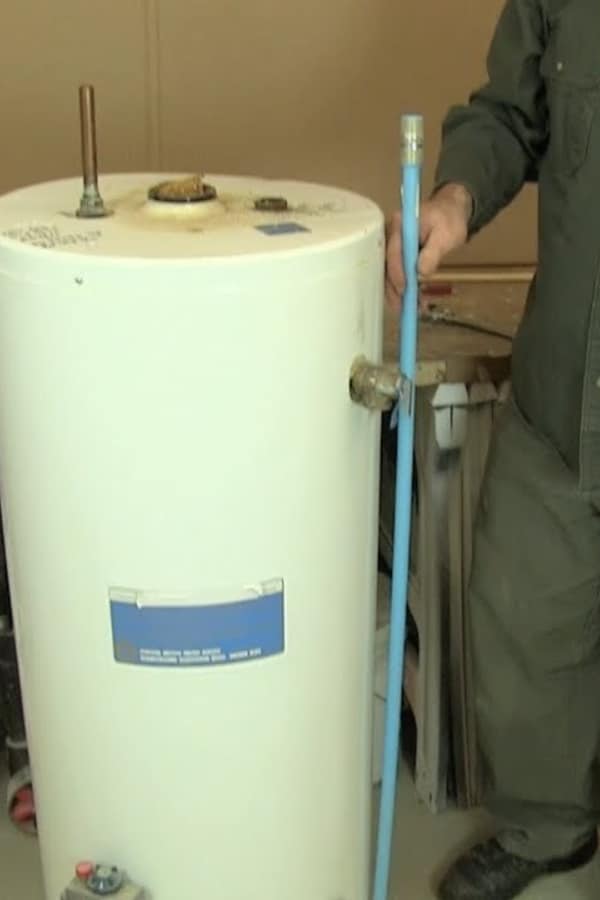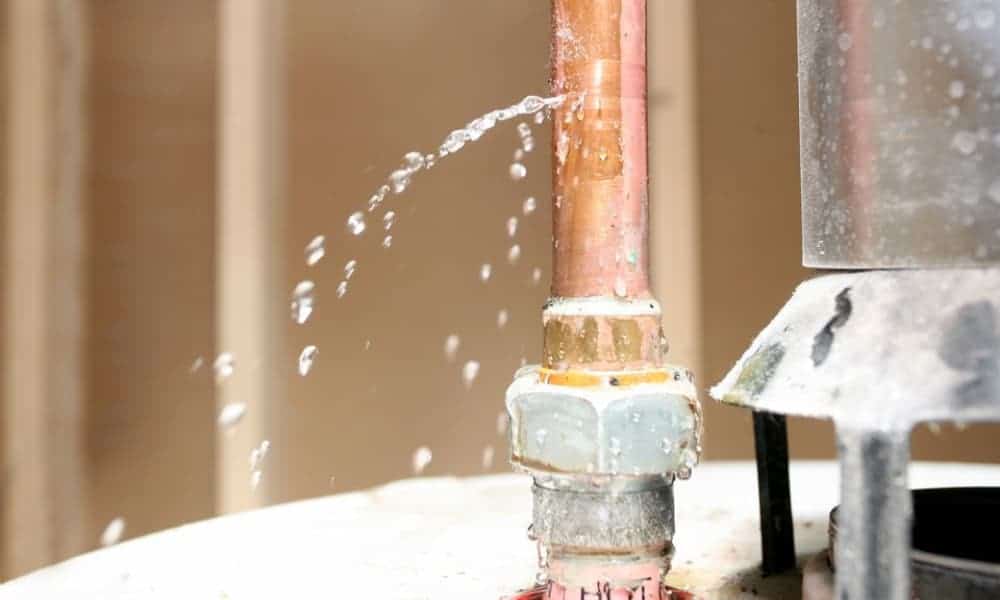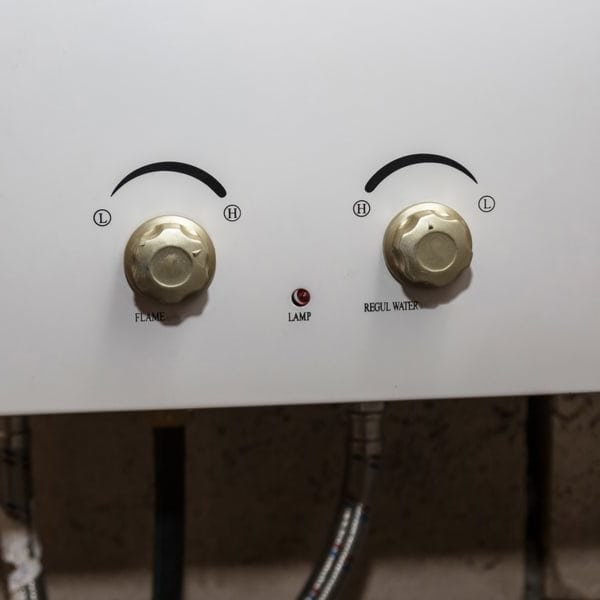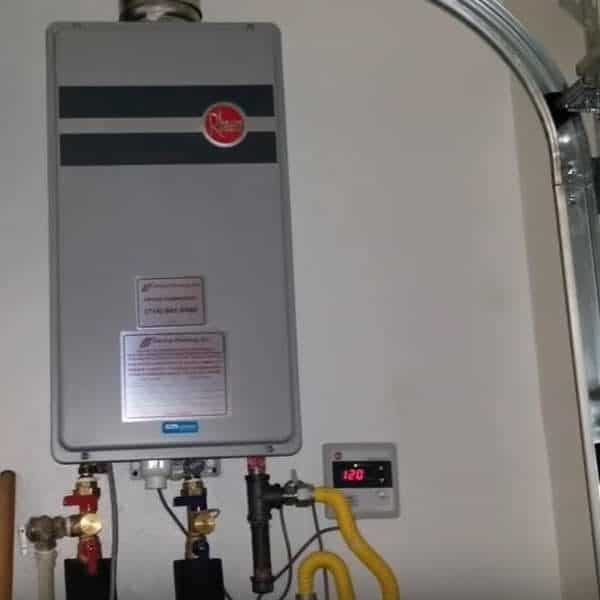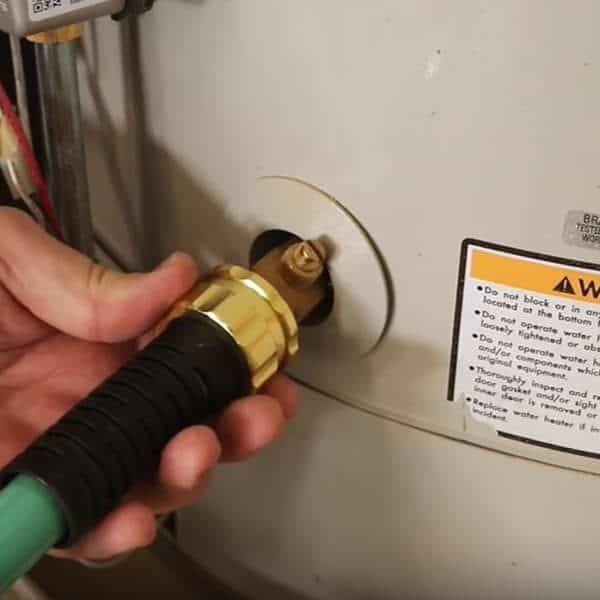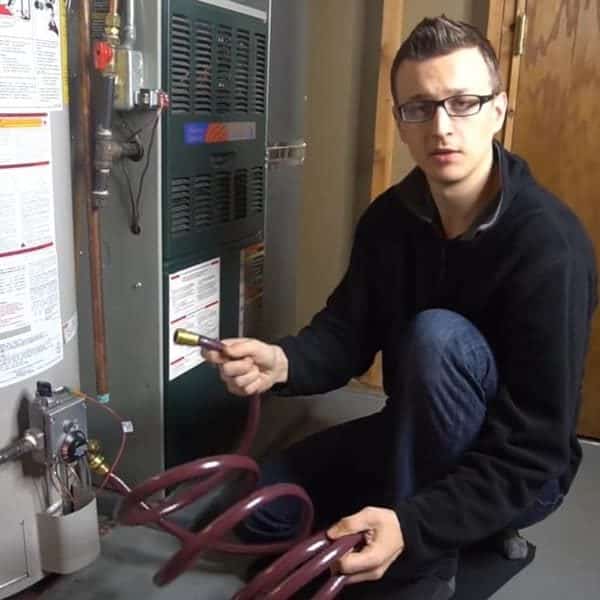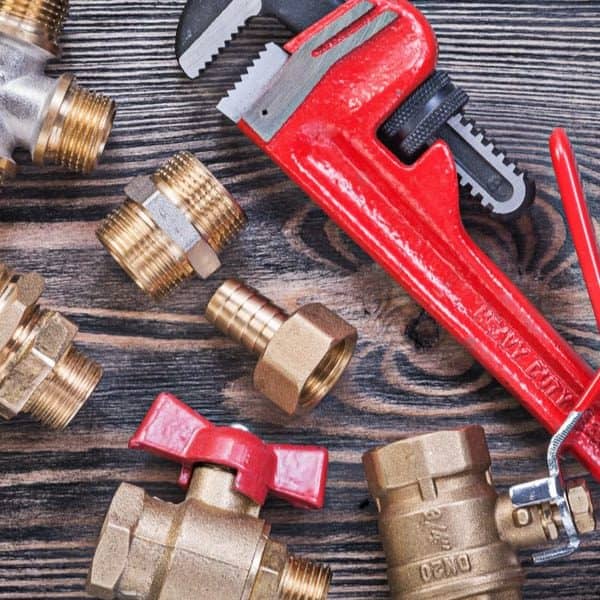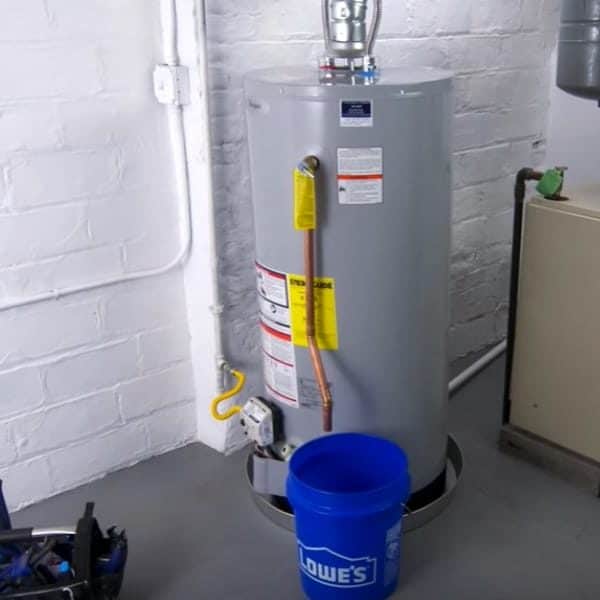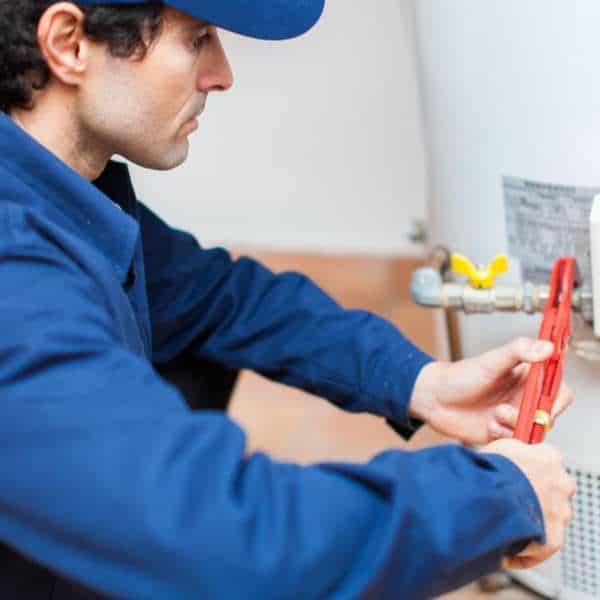Do you own a water heater in your house? Have you ever thought how long does a hot water heater last before it needs a replacement? Surely, you won’t have thought of that except maybe when it got faulty.
Most homeowners don’t put this appliance in mind, because it can run for a long time before it gets a defect. However, you shouldn’t wait until you notice your water heater isn’t giving hot water before you put it into consideration. It also needs attention like most of your appliances in your house.
As the saying goes, the sooner you get to know about your water heater the better for you. Hence, do you want to know how long does a water heater lasts and when to replace, and tips to maintain it? Read on as we reveal to you all you need to know.
How Long Does a Water Heater Last?
If you’re curious to know how long should a water heater lasts before needing a replacement, then you will be saving yourself some frustration in the nearest future. Generally, tank water heaters can last for up to 8 to 12 years, depending on how you use and maintain them. If you do carry out proper maintenance, this appliance could even stay alive for up to 15 years.
A Tankless water heater can last up to 20 years because they don’t hold water like the tank-style type. With that said, they don’t face corrosion and any mineral buildup that will affect them.
Nevertheless, when it comes to tank water heaters, some factors affect its longevity and functionality. These factors include:
High Mineral Concentration in Water
If the water supplied to your home contains higher mineral concentrations such as calcium and magnesium, this could reduce the lifespan of the water heater. Water with these mineral deposits is mainly called hard water.
Hard water leaves deposits that can cause severe damages to your pipes, water heater, and other plumbing appliances. These minerals buildup in your hot water heater over time, thereby corroding the unit in the long run. And if proper maintenance is not done quickly, it could lead to cracks and leaks, thus damaging and reducing its longevity.
There are several ways to know if the water in your home is hard. And if it is, there are methods you can apply to soften the water.
Location of the Water Heater
Surely, a water heater can keep water warm for a long time, but when it is in a cold environment, heat is lost faster. For this reason, it works harder to keep the water at the required set temperature level. Not only that, but it also consumes more energy, thereby racking up your utility bills in the process
You won’t want to consider moving it to another place in your home, because that will be a whole lot of tasks. However, there are easy things you can do to enhance the temperature of the place you mounted the water heater. For one, you can decide to insulate the room, cover the water heater with an insulation jacket, or do both.
Maintenance Routine
Like all appliances, maintenance practice is essential to keep the water heater in good shape as well as increasing its life span.
Unlike the tankless type, all tank water heaters come with an anode rod, which helps to clean the water by drawing all particles to itself. That way, it prevents the tank from corroding faster. However, when it loses its strength, this makes the tank rust quickly, leaving particles at the base of the tank.
With that said, after 12 months, you should call a plumber to check and clear out any mineral buildup. You should also change the anode rod at least every 2-3 years to prevent corrosion inside the tank.
Water Heater Settings
The settings are another reason that could make your water heater work harder. Setting your water heater at 150 degrees Fahrenheit or above will make it work more to keep up to that level. Most makers usually set it at a high temperature, but might not be the best for you.
You won’t want to use it or turn it up if the hotness of the water will hurt you. Hence, instead of making your water heater work harder and consuming more energy in the process, it will be best you set it at a comfortable level.
When to Replace a Water Heater
Whether you’re using an electric tankless water heater or any other type, after a few years it will become faulty. Surely, you won’t be comfortable if it doesn’t make your water hot when you need it. For this reason, you might need to replace the water heater to enjoy a hot bath.
Most times, homeowners will want to repair theirs instead of a complete replacement. However, there are scenarios that you need to replace the water heater to prevent further water damage. So, the big question is, how do you know when to replace hot water heater? Here we will reveal to you great that will help you out.
How Old Is Your Water Heater?
Like all appliances, the longer the year of your water heater, the more its efficiency reduces. Generally, the lifespan of a water heater is between 8-12 years, but with proper maintenance, it could last up 13-15 years properly.
Another way you could extend the lifespan is by using an Aqua-pure scale inhibitor. You need to add one to your water heater if you haven’t because it helps to prevent limescale buildup in the unit.
Nevertheless, if your water heater has lasted for up to 10 years, it will be best you consider getting a new unit. You can decide to get a tankless model as a replacement since they have a longer life span than the tank-style water heater. They can last for up to 20 years or more.
Do You Notice Any Corrosion?
All tank water heaters are bound to rust and corrode over time since they are made of steel. Hence, if you notice rusty colors in your hot water during use over time, you should know it’s time to replace the unit. When your tank begins to rust, you don’t need to ponder for a way out because there isn’t any.
You might want to leave it that way, but this could lead to a bigger problem, such as leaks and irreversible water damages. Heavy leaks from the tank can damage some of the components around it, making you spend a huge amount of money in the long run.
Hence, it is advisable to replace it as soon as possible to prevent you from dishing out that cash that you could have used for other things.
However, if your tank is situated in the basement and on a solid cement floor, you can decide to leave it until leaks. The reason is that since there aren’t many appliances in there, which means you might not experience any serious water damage. Also, there isn’t much hassle cleaning a cement floor when water pours on it.
Is the water heater tank leaking?
Leaks are one of the common problems in every hot water heater, and it happens after long years of use. Most time, there is no way to repair it because it might be an internal problem. But you can use these steps to know if it needs replacement or repair.
If it leaks from the tank, you don’t need to beat around the bush, making unnecessary expenses to repair it. Instead, you should replace it with a new unit. Hence, if you notice such a problem, shut off the power and the water heater to prevent any water damage before calling the plumber.
Does not Make Water Hot?
Surely, if the water is not getting hot as usual, then there is something wrong with the unit. Most times, this problem might be from the dip tube, electric thermostat, or the heating element of the water heater. It might be a slight failure or a complete breakdown of this component that needs replacement.
If the heating element is faulty, you don’t need to break the bank to get a new one, and it doesn’t require much hassle to replace it.
In the case of a broken dip tube, it is also relatively inexpensive and easy to replace. This dip tube directs the incoming cold water to the base of the tank before it is heated and stored for use. If it is broken, the incoming cold water and the heated water will mix, making the distributed water become lukewarm or cold.
How to Maintain a Water Heater
You don’t have to call a plumber to maintain your water heater as you can easily do it yourself. But first, you should keep in mind that the water heater uses electricity and this can be very dangerous.
Hence, before you carry out any maintenance, ensure you disconnect the water heater from the power supply so that you don’t get yourself electrocuted. You can do this by locating the breaker in the circuit breaker box and then flipping it to the opposite direction.
However, if you find it confusing to do, then call an experienced electrician to disconnect it for you to prevent any mishaps.
Here are other things to do to maintain your water heater.
1. Inspect the Anode Rod
Every water heaters have an anode rod, which helps to protect the inner wall of the tank from corroding. They are made of a steel wire with magnesium or aluminum around them. Some water heater comes with two anode rods while others feature a single one.
To keep your hot water heater in good shape, you’re expected to check the anode rods every 12 months. If after inspecting it and you notice the steel wire is naked, you should replace it.
2. Inspect the Heating Element
You should check the heating element at least every 12 months if you want to keep on getting hot water at all times. Every couple of years, it is also advisable you replace water heater heating element whether it is damaged or not.
3. Inspect the Relief Valve
Every year or so, make sure you perform a routine check and maintenance on your T&P valve. This valve works great to relief your water heater from high temperature and pressure by removing some water. According to the law guiding the use of a water heater, it is mandatory you install it on your tank-style unit.
4. Examine the Dip tube
The Dip tubes are one of the essential parts you need to check at least every six months regularly. They help to prevent the incoming water from combining with the outgoing hot water.
If you notice any sign of breakage, you should replace it. The reason is that when the dip tube is broken, incoming cold water flows into the hot outlet, making the entire water in the tank becomes lukewarm. Hence, you don’t get any hot water when you need it.
5. Inspect the Water Pipes
Ensure to check the water piping for leaks. If there is, then repair the pipe leaks or replace it if it is damaged.
6. Flush and Drain the Water Heater
At least once a year, you should ensure to take out the water and flush the water heater thoroughly to remove mineral buildup inside the tank.
Wrap Up
We believe with everything mentioned above, you have known how long does a water heater lasts and when you need to replace it.
Over time, your water heater can begin to lose its efficiency due to some factors such as age, excess mineral buildup, corrosion, and rust. However, with proper maintenance, you can prevent such a problem, thereby extending the lifespan of your water heater.
But it is advisable that you replace your water heater if it has lasted to its required lifespan or more. Aside from its lifespan or age, you should also replace the water heater if you notice these few things:
- Rust and corrosion
- Leaks
- Water is Lukewarm
If you have any questions or issues concerning your water heater or any component inside it, feel free to leave a comment below.
